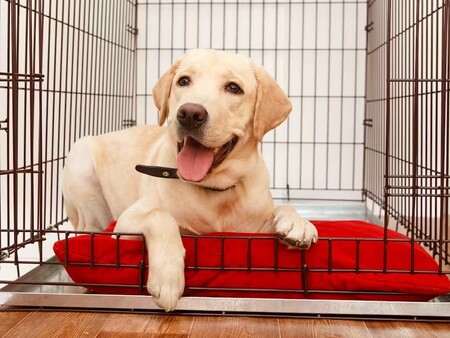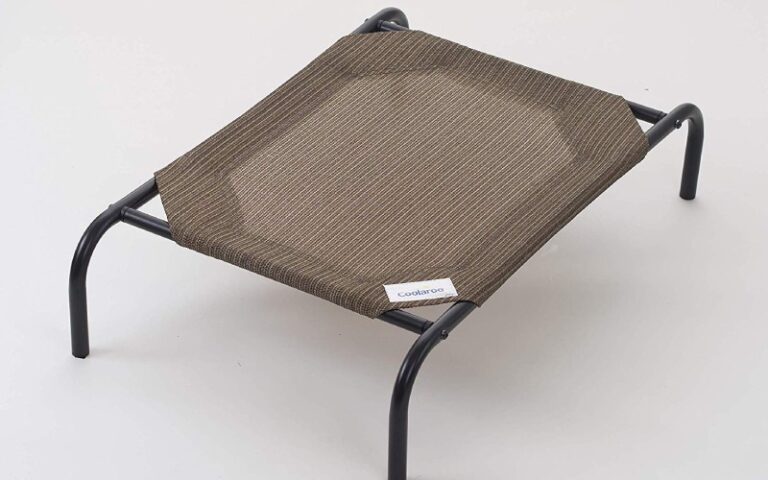Unlocking the Benefits of Crate Training for Your Puppy
Bringing home a new puppy is an exciting adventure filled with cuddles, playtime, and boundless love. However, amidst the joy, there comes the challenge of teaching your furry friend the ins and outs of living in a human household. One effective tool in this journey is crate training. While it may seem daunting at first, crate training offers a plethora of benefits for both you and your new canine companion.
A crate provides a safe and secure space for your puppy when you’re unable to supervise them. It prevents them from getting into mischief or potentially dangerous situations, such as chewing on electrical cords or swallowing harmful objects.
Dogs are naturally den animals and prefer clean spaces. Crate training utilizes this instinct by encouraging your puppy to hold their bladder until they’re let outside. This helps immensely with housebreaking, as it establishes a routine and teaches your puppy bladder control.
Crate training can alleviate separation anxiety in puppies. By providing a cozy den-like environment, crates offer a sense of security and comfort, making it easier for your puppy to adjust to being alone for short periods.
Whether it’s a trip to the vet or a family vacation, crate training prepares your puppy for travel. It familiarizes them with confined spaces, making car rides or flights less stressful for both you and your furry friend.
When used correctly, crates can reinforce desirable behaviors. Puppies learn that good things, like treats or toys, happen in their crate, encouraging them to view it as a positive space rather than a punishment.
Crate training teaches puppies boundaries and helps them understand the household rules. It gives them a designated area for rest and relaxation, fostering a sense of structure and discipline. While it may seem counterintuitive, crate training actually promotes independence in puppies. It teaches them to entertain themselves and self-soothe, essential skills for a well-adjusted adult dog.
Remember, crate training should always be done with patience, consistency, and positive reinforcement. Never use the crate as a form of punishment, and ensure that your puppy associates it with safety and comfort. With time and dedication, crate training can lay the foundation for a happy, well-behaved canine companion and a harmonious relationship between you and your furry friend.




